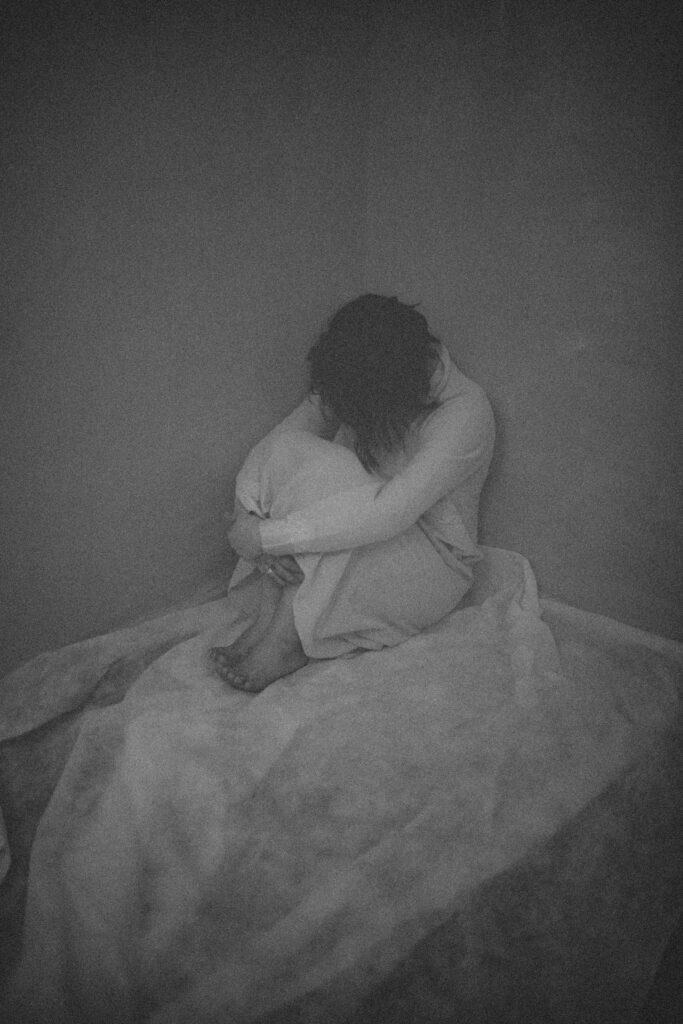Bipolar Disorder is a very serious type of depression that was formerly known as Manic Depression. Treatment for bipolar disorder differs from treatment for more traditional forms of depression, often using a class of medications called mood stabilizers. In this article, we will talk about how bipolar disorder differs from regular depression and about the best treatment options for it.
Bipolar Disorder Symptoms
Bipolar disorder includes a depressive phase that is very similar to that of traditional depression and includes symptoms such as:
- Having a depressed (sad or empty) mood most of the day.
- Loss of interest or pleasure in usually enjoyable activities.
- Appetite/weight gain or loss.
- Disturbed sleep (insomnia or excess sleep).
- Lowered energy level/fatigue.
- Restlessness or feeling slowed down.
- Feelings of worthlessness or excessive guilt.
- Indecisiveness or lack of concentration.
- Suicidal thoughts or feelings.
With traditional depression, these symptoms are usually persisting for weeks, months, or years. With bipolar disorder, the depressed phase tends to last for a shorter period of time, typically 2-3 weeks on average. Additionally, with regular depression, there are often situational life stressors that may precipitate the depression, however, with bipolar disorder, the onset is sudden and with no identifiable triggers.
Unlike regular depression, bipolar disorder also includes a manic phase which has symptoms that include: 1) inflated self-esteem or grandiosity, 2) decreased need for sleep (ability to go with little or no sleep for days without tiring), 3) pressured speech or being very talkative, 4) racing thoughts, 5) distractibility, 6) increased goal-directed activity (being very productive), 7) engaging in risky behavior or excessive pleasurable activity (such as sex or spending). Like the depressed phase, there is typically no identifiable trigger for a manic phase. This phase tends to last 10-14 days on average, but there can be a lot of variability with that. What tends to happen over time is that those phases become more marked and severe, increasing the risks associated with bipolar disorder. Onset is generally between 16-25 but can develop both earlier and later. Unlike regular depression that often has an environmental component to its onset, bipolar disorder is driven largely by genetics, family heritability, and biochemical imbalances.
Bipolar disorder is often misdiagnosed and can manifest in variations besides the usual depression/manic cycling. Other manifestations include hypomanic episodes (Bipolar II), mixed episodes, rapid cycling, and cyclothymia. Even traditional bipolar disorder can look very different from person to person. Symptoms vary widely in pattern, severity, and frequency. Diagnosing bipolar disorder or its variants is complex and difficult. The diagnosis and treatment of bipolar disorder are generally left to specialists in mental health such as psychologists and psychiatrists.
Mood Stabilizers and Other Treatments
Getting control of the mania associated with bipolar disorder is the primary focus of treatment. Mood stabilizers are the best treatment available for reducing symptoms of mania and equalizing moods. Historically, lithium has been the treatment of choice of bipolar disorder. This medication requires some monitoring with blood draws and can have some undesirable side effects that people do not like, which is why other medications have become increasingly popular. Other mood stabilizers include Depakote, Tegretol, and Lamictal to name just a few. Some people end up having psychotic episodes or symptoms with either the manic or depressive phase of bipolar disorder and sometimes antipsychotic medication is added with a mood stabilizer to help clear up those symptoms. Additionally, for some people, the mood stabilizer is not always effective at addressing some of the depressive symptoms and an antidepressant may be added with the mood stabilizer to help alleviate those depressive symptoms. Wellbutrin is often used as it is less likely to trigger manic symptoms. In nearly all cases, medications are a critical and necessary part of treating bipolar disorder, meaning therapy alone does not tend to be effective. Most people will need to stay on their medication for years throughout most of their life in order to keep bipolar from reactivating and causing cycles to resume.
Although therapy alone is often an ineffective treatment, studies and research have found it to be an important adjunct to medications. Counseling can help both the client and their family understand the nature of bipolar disorder and how to work together to treat it and prevent relapse. Often times therapy focuses on working on coping skills, stress management, establishing health routines and schedules, and some cognitive behavioral therapy is key to providing people the skills and tools they need to manage their lives and their bipolar disorder.
*Information provided should not be construed as medical advice and you should always consult a mental health professional for the best treatment for you.
If you are concerned about bipolar disorder and would like to meet with one of our psychologists or psychiatrists about treatment options, please call us now at 763-416-4167, or request an appointment on our website: WWW.IPC-MN.COM so we can sit down with you and complete a thorough assessment and help you develop a plan of action that will work for you. Life is too short to be unhappy. Find the peace of mind you deserve.
To get more great resources, sign up for our newsletter, like us on FaceBook, or follow us on Twitter.
Innovative Psychological Consultants
Peace of Mind You Deserve
Schedule An Appointment
"*" indicates required fields


